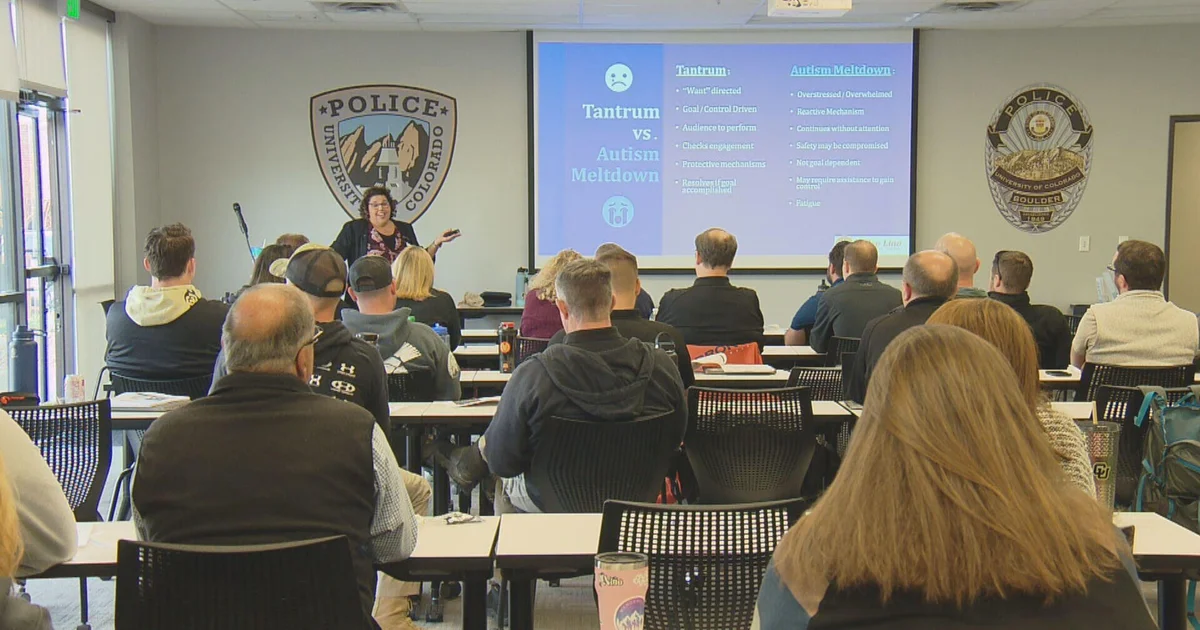In a critical moment for mental health and addiction services, the federal government has unexpectedly terminated COVID-19 grant funding for behavioral health, including the Substance Abuse Prevention and Treatment (SAPT) Block Grants, six months ahead of schedule. This funding was essential for expanding support services at a time when the demand for mental health and addiction assistance has sharply increased.
On March 24, the abrupt cessation of these grants left organizations like TYSA (formerly the Tackling Youth Substance Abuse coalition) struggling to maintain their operations. TYSA is the only coalition in Staten Island that brings together over 70 providers focused on prevention, education, treatment, and recovery from substance use disorders. The timing of these cuts is particularly alarming as Staten Island continues to experience the highest rate of overdose deaths in New York City.
TYSA’s initiatives are deeply integrated into the community. They engage with youth in schools, provide support in community centers, and collaborate with local law enforcement and leaders to foster effective responses to addiction. Their proactive approach includes educating families, empowering young people, and offering direct support to treatment providers. When funding is cut, as it has been recently, it compromises the ability of organizations like TYSA to coordinate efforts that are vital for recovery and prevention.
Reports from various organizations within TYSA indicate that program reductions are already underway. These cuts threaten essential services such as street outreach to active drug users, peer support networks, addiction prevention education, and screenings aimed at youth. The consequence of losing these services could be tragic, leading to increased suffering and preventable fatalities.
The early termination of federal grants is not merely a policy misstep; it poses a direct threat to public health. These funds were not surplus resources but lifelines for overdose prevention, access to care, and crisis stabilization. With the loss of these resources, TYSA and its partners now have fewer tools to combat the ongoing substance use crisis, which affects many families in the borough.
The cuts reflect a broader trend of diminishing support for mental health and addiction services at a time when such services are more needed than ever. As communities grapple with rising rates of mental health issues and substance use disorders, the federal government’s decision to withdraw funding risks exacerbating an already critical situation. Stakeholders must advocate for reinstating this funding to ensure that organizations like TYSA can continue their essential work in the community.



